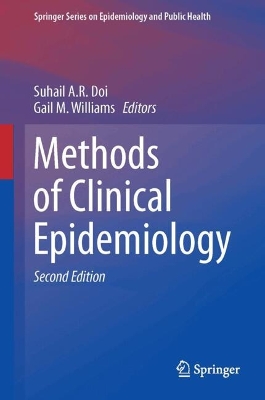Critical History of Health Films in Central and Eastern Europe and Beyond
 portes grátis
portes grátis
Critical History of Health Films in Central and Eastern Europe and Beyond
Shmidt, Victoria; Kaser, Karl
Taylor & Francis Ltd
12/2023
272
Dura
Inglês
9781032215143
15 a 20 dias
Descrição não disponível.
Introduction: Nonlinear historicizing as a method for studying health films. Part 1: Child and nation in the focus of rescue-mission health films. 1. The interwar obsession with family: Eugenic pathos vs. humanistic skepticism. 2. Collective care vs. the "backward" family in Jak Vasicek prisel k noham. 3. The institutionalized child as a precondition for the healthy nation in the films of Mladen Sirola. 4. Central and Eastern European film in the search for deconstructing the institutionalized child. Part 2: Health films for teaching children 5. The complex legacy of early animated health films in Eastern Europe. 6. Bacilinek (1922) on the stage of the national and global orders of health security. 7. Health films for children: Between cultural reciprocity and popular scientism. Part 3: Men and women in the focus of health films. 8. Health films as Bildungsroman for teaching men. 9. Masculinity in health films for the rural population. 10. Health films in the service of eugenic surveillance over women. Part 4: Health films for the interwar periphery. 11. Stin ve svetle as the first health film for the periphery: The birth of the canon. 12. Ikina sudbina and Dobro za zlo: Extending the canon of health films to the Muslim periphery. 13. Films of the National Tuberculosis Association: Rooting health films for the periphery in the racial hierarchies of the interwar United States. 14. Conclusion: Health film as fantasy and event.
Este título pertence ao(s) assunto(s) indicados(s). Para ver outros títulos clique no assunto desejado.
Health Films for Children;Health Films in Czechoslovakia;Health Films in Yugoslavia;Health Films in the GDR;Health Films in Poland;Health Films in Romania;Health Films in Hungary;Sokol;Bildungsroman;Gender in Health Films
Introduction: Nonlinear historicizing as a method for studying health films. Part 1: Child and nation in the focus of rescue-mission health films. 1. The interwar obsession with family: Eugenic pathos vs. humanistic skepticism. 2. Collective care vs. the "backward" family in Jak Vasicek prisel k noham. 3. The institutionalized child as a precondition for the healthy nation in the films of Mladen Sirola. 4. Central and Eastern European film in the search for deconstructing the institutionalized child. Part 2: Health films for teaching children 5. The complex legacy of early animated health films in Eastern Europe. 6. Bacilinek (1922) on the stage of the national and global orders of health security. 7. Health films for children: Between cultural reciprocity and popular scientism. Part 3: Men and women in the focus of health films. 8. Health films as Bildungsroman for teaching men. 9. Masculinity in health films for the rural population. 10. Health films in the service of eugenic surveillance over women. Part 4: Health films for the interwar periphery. 11. Stin ve svetle as the first health film for the periphery: The birth of the canon. 12. Ikina sudbina and Dobro za zlo: Extending the canon of health films to the Muslim periphery. 13. Films of the National Tuberculosis Association: Rooting health films for the periphery in the racial hierarchies of the interwar United States. 14. Conclusion: Health film as fantasy and event.
Este título pertence ao(s) assunto(s) indicados(s). Para ver outros títulos clique no assunto desejado.







